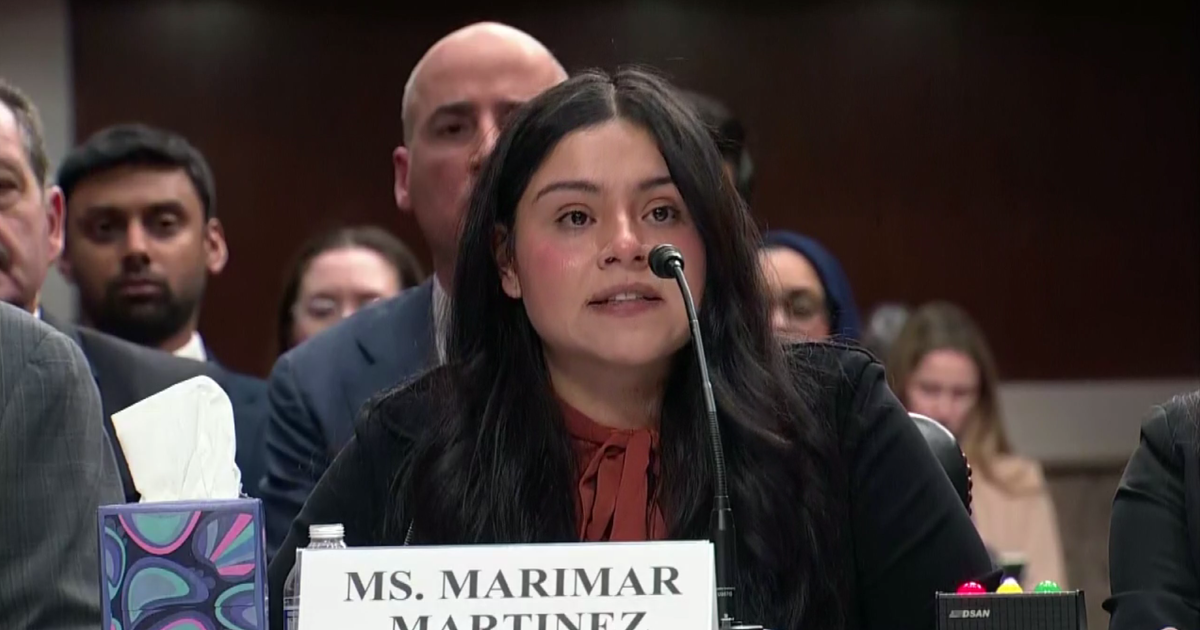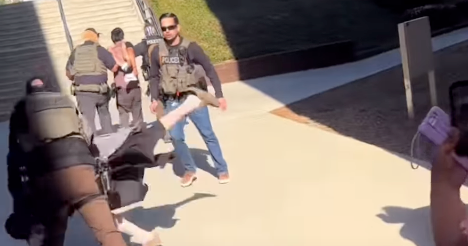Seen At 11: Fake IRS Agents Continue To Target Victims
NEW YORK (CBSNewYork)-- A growing number of taxpayers are getting phone calls and emails from the IRS saying they owe money. The agents warn there will be serious consequences if they don't pay up, but those aren't real IRS agents on the line.
When Anne Durand answered her cell phone recently, she received some shocking news, CBS2's Dick Brennan reported.
"The IRS is filing a lawsuit against you, and you need to call this number," Durand recalled the voice said.
The call was a recorded message and went on to say, "ignoring this will be an intentional attempt to avoid an appearance before a magistrate, judge, or a grand jury for a federal criminal offense."
"It was pretty scary," Durand told CBS2.
But it wasn't real. It was all part of a scam and Durand is just one of thousands of startled taxpayers being targeted.
"Why did the bank robber rob the bank? Because that's where the money is," consumer expert Steve Weisman explained.
He said scam artists continue to pose as IRS agents simply because they can.
"A lot of money in the IRS, a reduced budget, failure to take some basic security precautions by the IRS," Weisman said.
This year the IRS said it's seeing a 400 percent spike in the number of computer-based attempts at scamming unsuspecting taxpayers.
The situation has become so bad that the agency has even released a warning. Over the last two years, it's estimated that more than $23 million has been lost to the fake phone call scam demanding back taxes.
"They'll alter the phone number so the caller ID will show that they are calling from the IRS or a federal agency in Washington, D.C.," Johnny Rosario, business development manager with MoneyGram, told CBS2's Brennan.
He said in most cases the criminals want the so-called "payment" wired.
"Sending a money transfer is just like sending cash," Rosario warns.
MoneyGram is posting warnings in their stores and training agents to help customers recognize the signs of an IRS scam. Rosario said for starters, the IRS only contacts taxpayers through the mail.
"The IRS will never call them over them over the phone to ask them to pay a debt and threaten them with jail time," he said.







